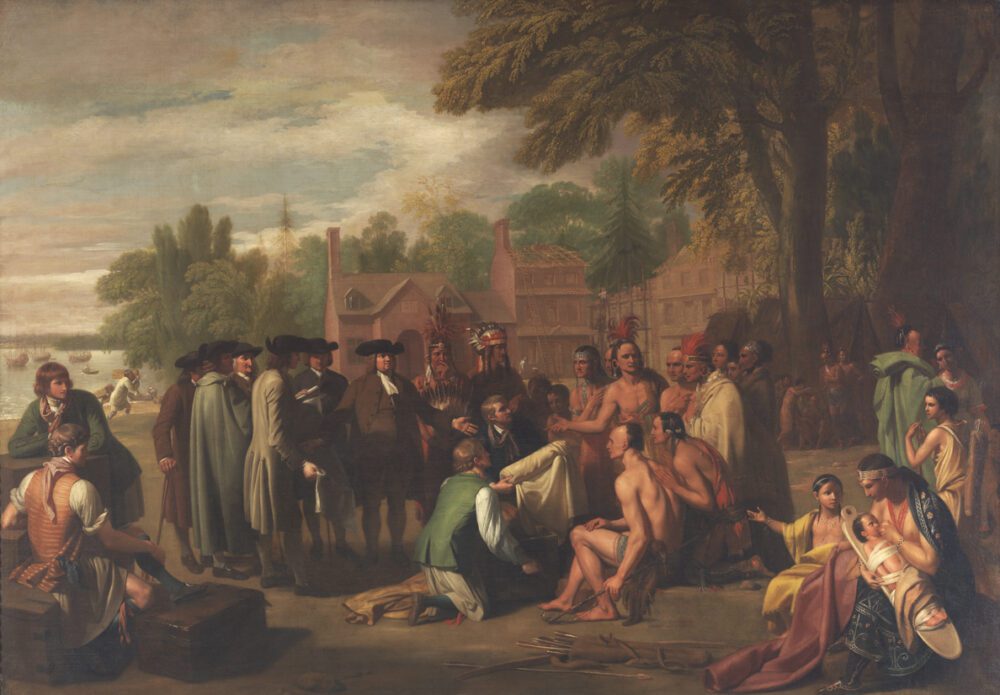In addition to an opportunity to expand Christianity, England saw its colonies in North America as an economic venture and a chance to obtain natural resources. However, the individual founders had differing motives for creating their colonies. Roger Williams and William Penn challenged the period’s political, economic, and religious ideals. While Williams left Massachusetts Bay and founded Rhode Island out of necessity, Penn’s colony, founded a generation later, was planned (using lessons learned from earlier colonies). In this lesson, students will use their understanding of the various motives for settling the colonies to explore the unique positions of Williams and Penn. Students will analyze the foundational documents that established rights for the early Rhode Island and Pennsylvania settlers, identifying the revolutionary concepts that made them different from their colonial neighbors.
Part of a series
Revolutionary Ideals
Support the teaching and learning of history
Your support of National History Day is an investment in the future
Judges needed
Judges make the NHD contest possible. See how you can provide students a high-quality educational experience




